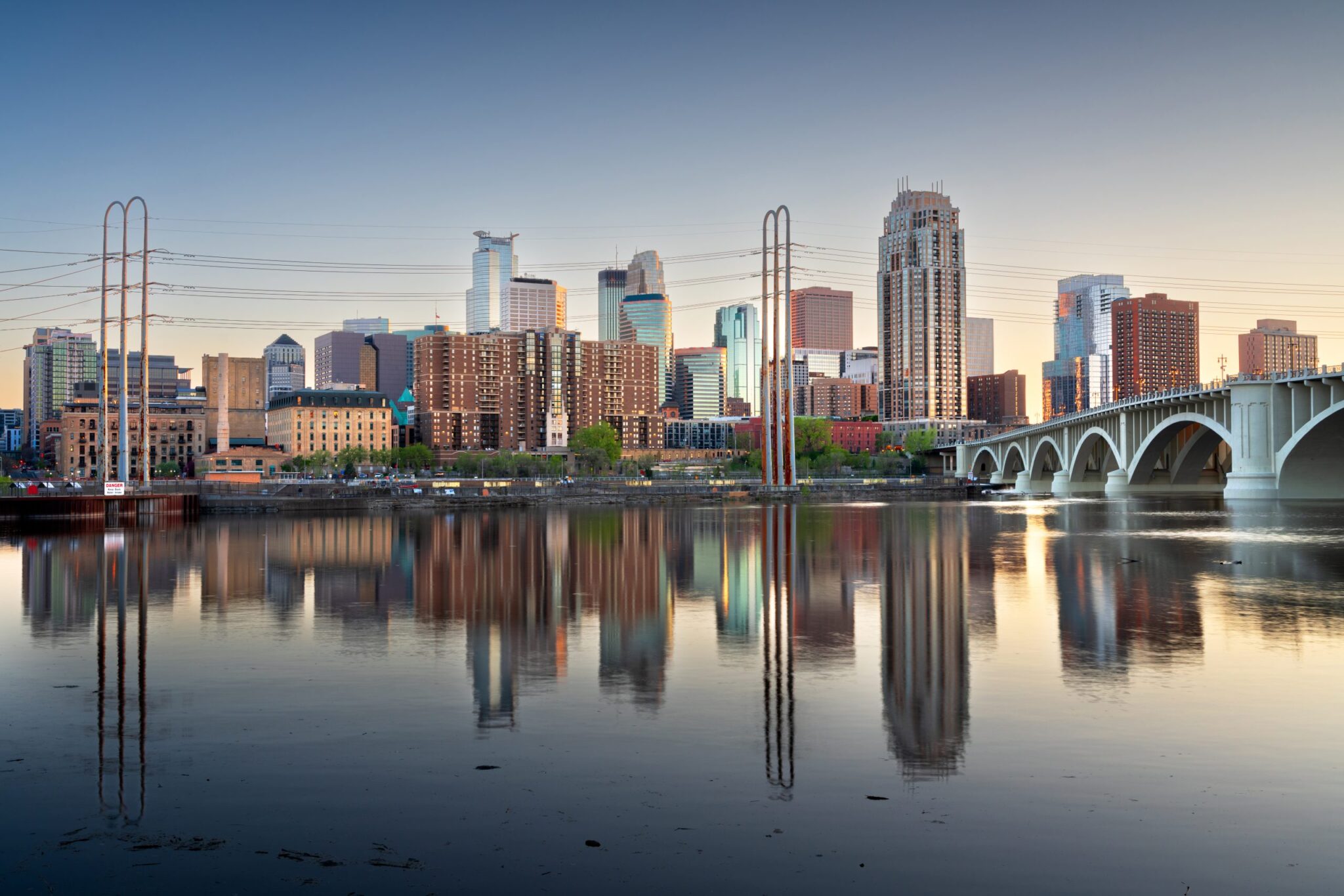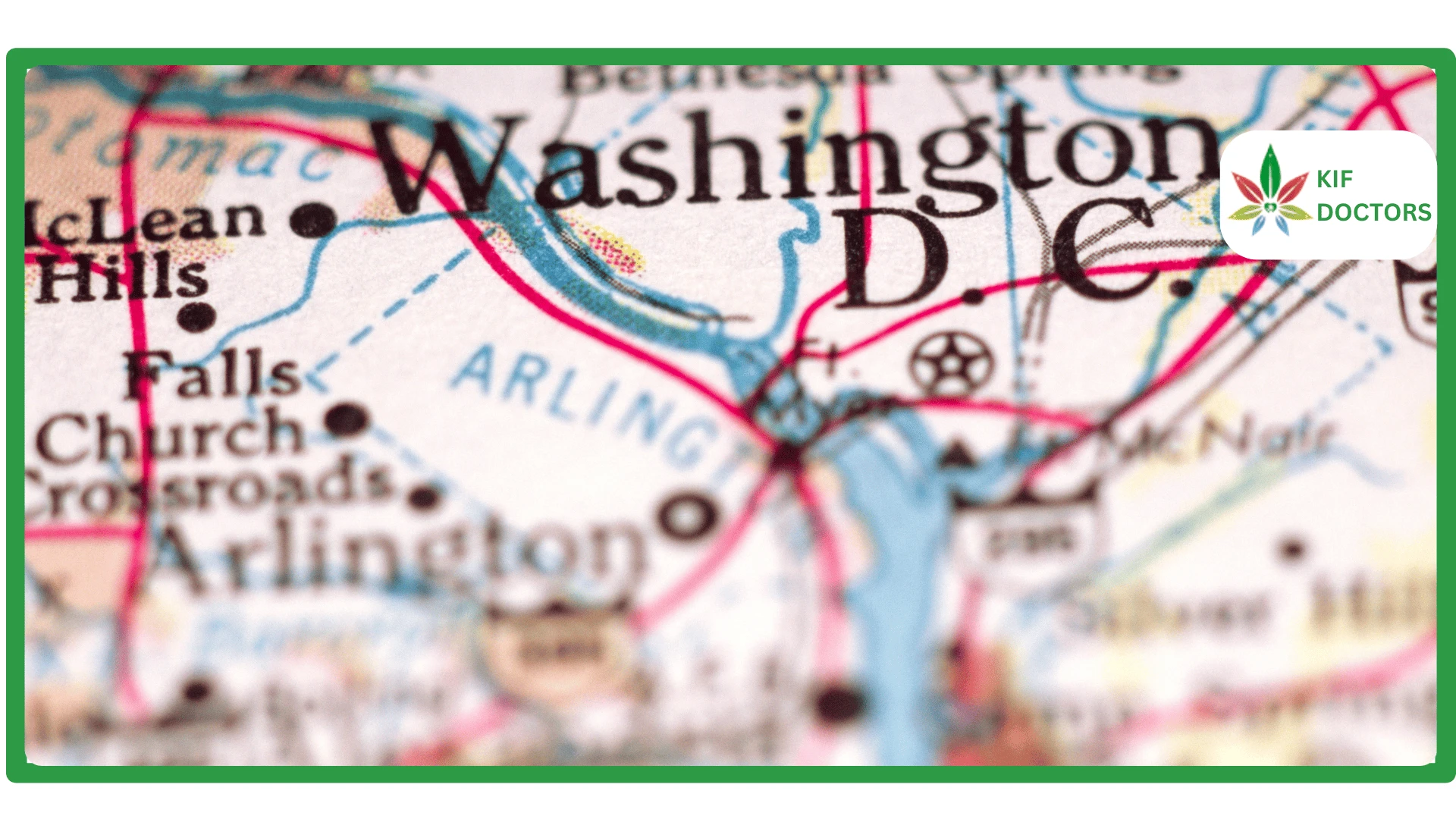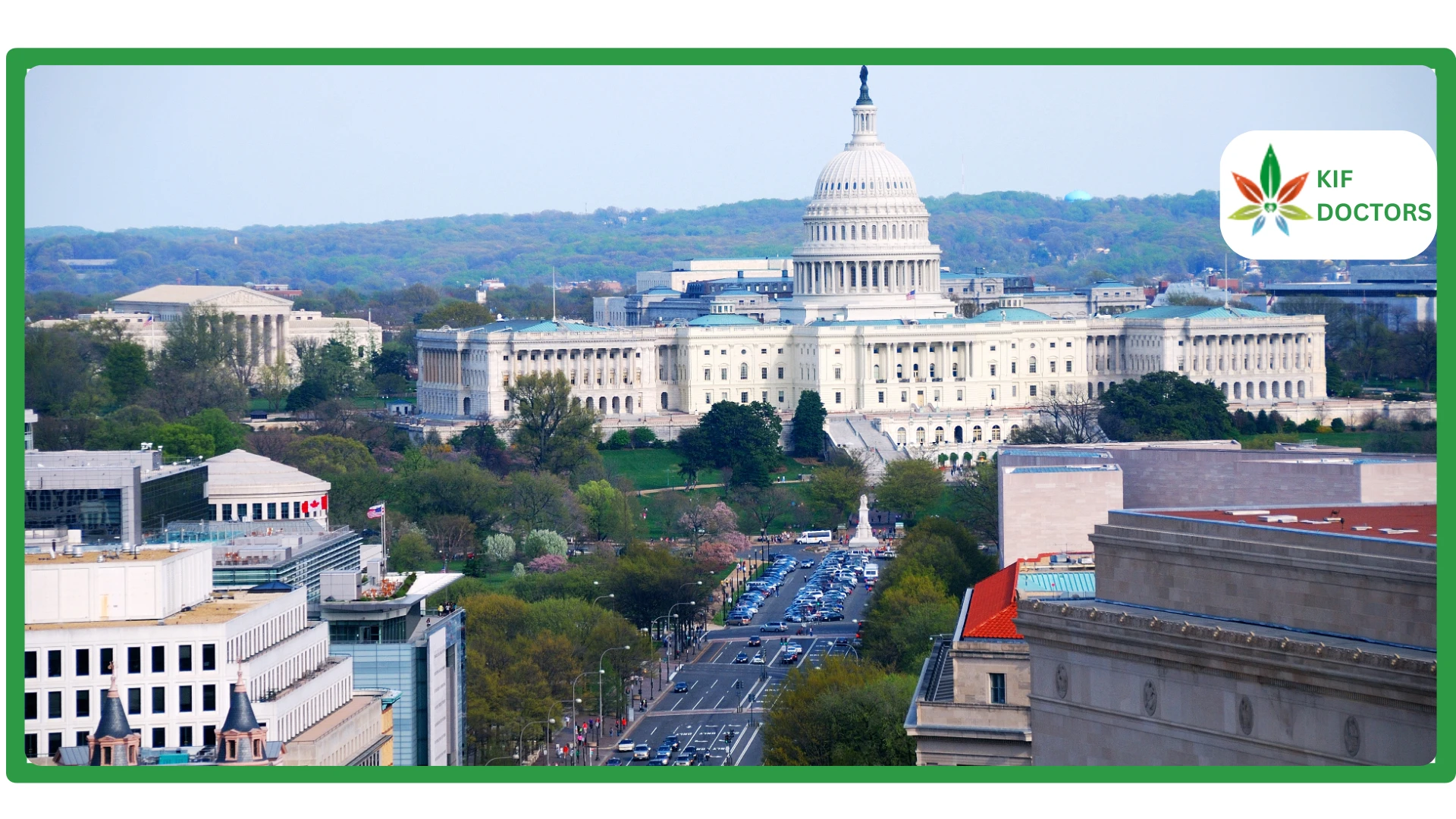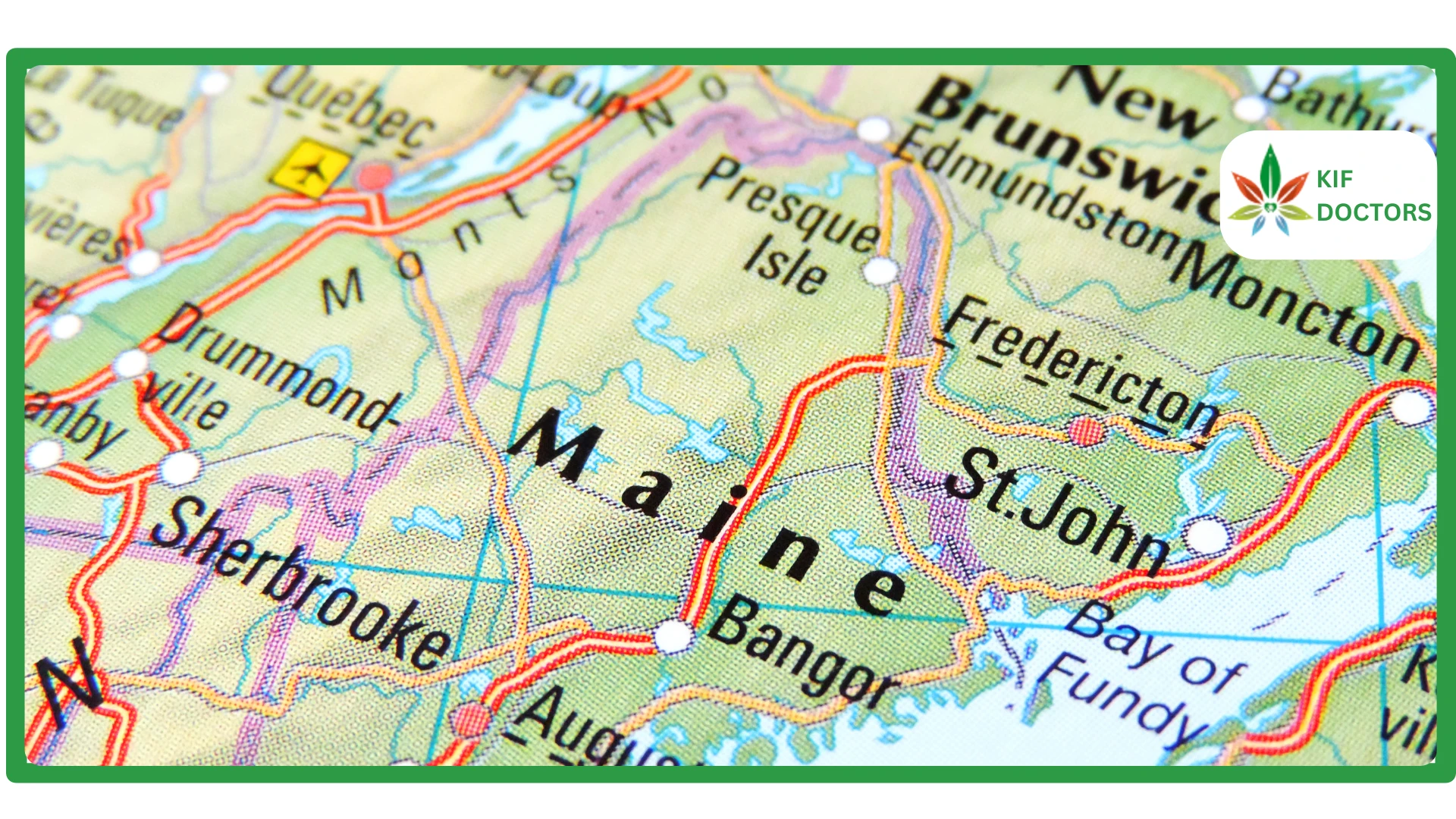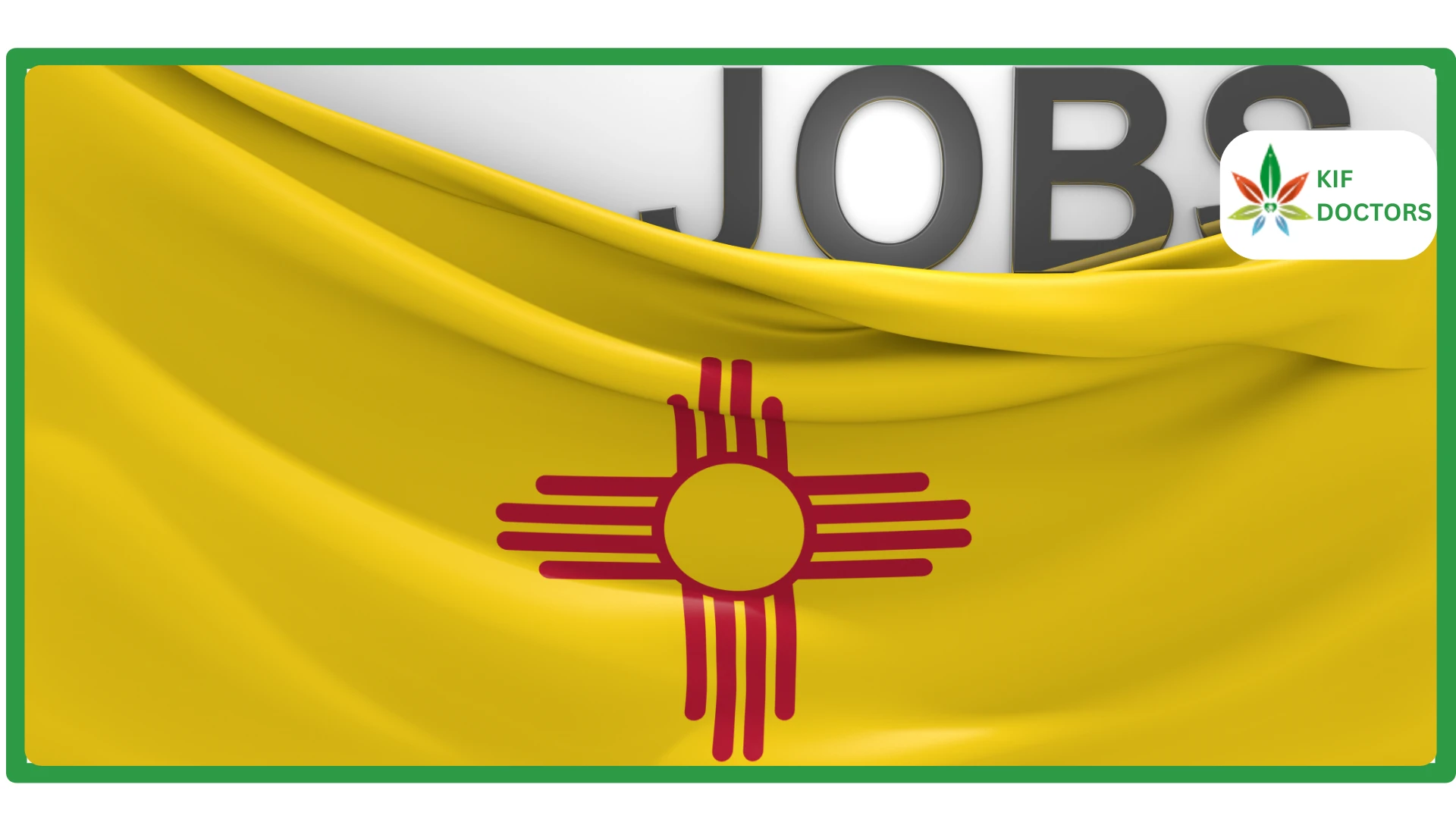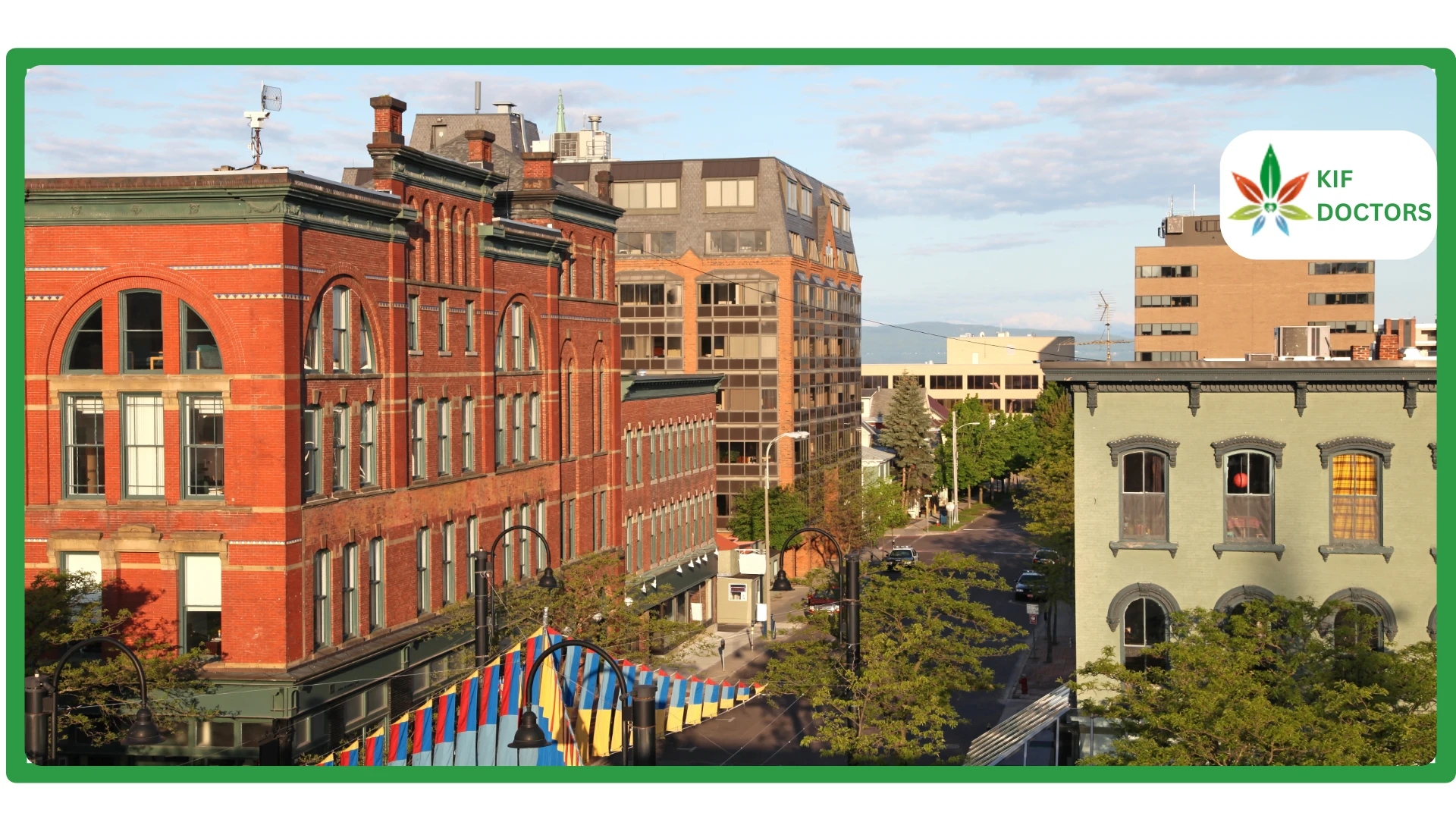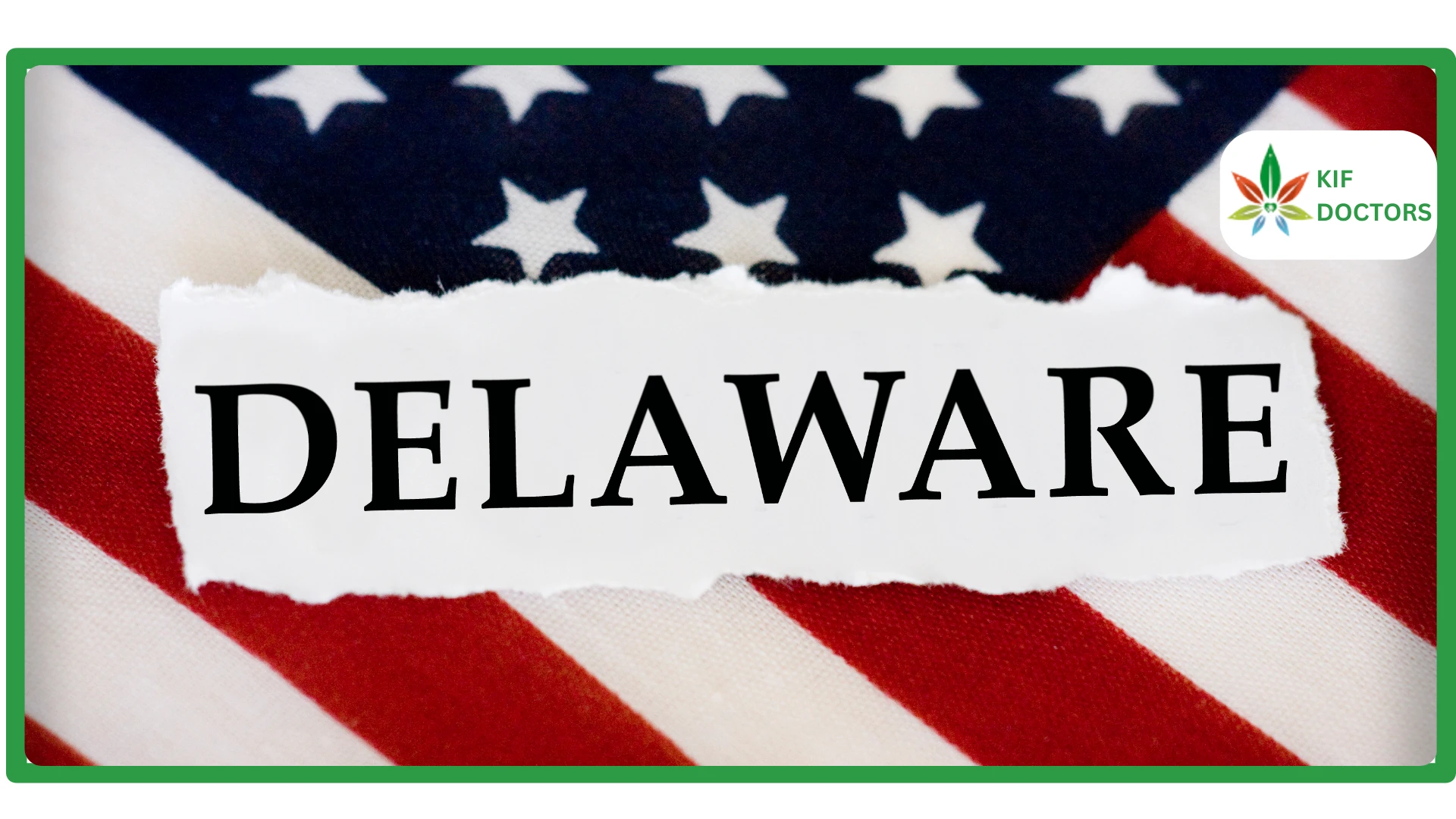Minnesota’s cannabis landscape has undergone a dramatic transformation in recent years, evolving from strict prohibition to a state where both recreational and medical cannabis are legal under specific regulations. With recreational marijuana legalized in August 2023 and a robust medical cannabis program in place since 2014, Minnesotans now have more options than ever to access cannabis legally. This comprehensive guide explores Minnesota’s cannabis laws, the medical marijuana program, recreational use rules, and practical steps for obtaining a medical marijuana card. Whether you’re a patient seeking relief, a curious resident, or a visitor, here’s everything you need to know about cannabis in Minnesota, grounded in the latest regulations and data.
Recreational Marijuana in Minnesota: What’s Legal?
Minnesota became the 23rd state to legalize recreational marijuana when Governor Tim Walz signed House File 100 into law on May 30, 2023. Effective August 1, 2023, adults aged 21 and older can legally possess, use, and cultivate cannabis within specific limits. This shift marked a significant departure from Minnesota’s historically strict cannabis laws, offering residents new freedoms while maintaining regulatory oversight through the state’s Office of Cannabis Management (OCM).
Here’s what’s permitted under Minnesota’s recreational cannabis law:
- Possession: Adults 21 and older can possess up to 2 ounces of cannabis flower in public, 8 grams of cannabis concentrate, and edibles containing up to 800 milligrams of THC. At home, individuals can store up to 2 pounds of cannabis flower.
- Cultivation: Home cultivation is allowed, with up to eight cannabis plants per residence, of which no more than four can be mature (flowering) at a time. Plants must be grown in an enclosed, locked space out of public view.
- Gifting: Adults can gift cannabis to other adults 21 and older, as long as it stays within the legal possession limits and no money changes hands.
- Use: Cannabis can be used on private property, such as a home, with the owner’s permission. Public use is restricted, and smoking or vaping is prohibited in areas covered by the Minnesota Clean Indoor Air Act, such as indoor public spaces like bars, restaurants, and offices.
Despite these freedoms, there are important restrictions. Cannabis use is prohibited in specific locations, including public schools, correctional facilities, federal properties, and multifamily housing units (effective March 2025, except for medical cannabis patients). Driving under the influence of cannabis is illegal, with penalties similar to those for alcohol-related DWIs. An “open container” law also applies, making it illegal to have accessible cannabis products in a vehicle’s passenger area, with violations carrying up to 90 days in jail and a $1,000 fine.
Retail sales of recreational cannabis are not yet widespread, as the OCM is still developing a licensing framework. Most dispensaries are expected to open in early 2025. However, tribal nations, such as Red Lake and White Earth, have already launched recreational dispensaries on sovereign land, operating independently of state regulations. A 10% gross receipts tax, plus standard state and local sales taxes, applies to recreational cannabis sales, with 80% of revenue allocated to state regulation and 20% to local governments.
Minnesota’s Medical Cannabis Program: Access for Patients
Minnesota’s medical cannabis program, established in 2014 under the Minnesota Medical Cannabis Act, provides access to cannabis for patients with qualifying medical conditions. Initially one of the nation’s most restrictive programs, it has expanded over time, adding new conditions and allowing whole-plant (flower) cannabis since 2021. The program is overseen by the Office of Cannabis Management’s Division of Medical Cannabis and serves nearly 40,000 registered patients.
Unlike recreational cannabis, medical cannabis is tax-exempt, making it a more affordable option for patients. The program also allows access to specialized products and pharmacist consultations, which can be valuable for managing complex conditions. Recent changes, such as eliminating the $200 annual enrollment fee as of July 1, 2023, and allowing telehealth certifications, have made the program more accessible.
Qualifying Conditions for Medical Cannabis
To qualify for Minnesota’s medical cannabis program, patients must be diagnosed with one of the following conditions by a registered healthcare practitioner:
- Cancer (with severe pain, nausea, vomiting, or wasting)
- Chronic pain
- Intractable pain
- Post-traumatic stress disorder (PTSD)
- Seizures, including epilepsy
- Severe and persistent muscle spasms, including those from multiple sclerosis
- Inflammatory bowel disease, including Crohn’s disease
- HIV/AIDS
- Glaucoma
- Tourette’s syndrome
- Amyotrophic lateral sclerosis (ALS)
- Terminal illness with a life expectancy of less than one year (with severe pain, nausea, or wasting)
- Autism
- Obstructive sleep apnea
- Alzheimer’s disease
These conditions cover a range of debilitating illnesses, with chronic pain and PTSD among the most common reasons for enrollment. Patients must register with the state and obtain a medical cannabis card to purchase products from licensed dispensaries.
How to Get a Medical Marijuana Card in Minnesota
Obtaining a medical marijuana card in Minnesota is a straightforward process, designed to ensure patients with qualifying conditions can access cannabis safely. Here’s a step-by-step guide:
- Consult a Healthcare Practitioner: Schedule an appointment with a Minnesota-registered healthcare practitioner (e.g., a physician, nurse practitioner, or physician assistant) who can certify your qualifying condition. Telehealth appointments are now permitted, making this step more convenient.
- Complete the Certification: Your practitioner will submit a certification to the Office of Cannabis Management, confirming your eligibility. You’ll receive an email with a registration link.
- Register with the State: Use the registration link to enroll in the medical cannabis program. You’ll need a valid state ID, driver’s license, or passport. As of July 1, 2023, there’s no enrollment fee, though patients on government assistance may qualify for additional support.
- Receive Your Card: Once approved, you’ll receive a digital medical cannabis card, allowing you to purchase products from licensed dispensaries. The card is valid for one year and requires annual recertification.
- Visit a Dispensary: Minnesota has eight medical cannabis dispensaries, operated by Leafline Labs (RISE) and Vireo Health (Green Goods), located in cities like Minneapolis, St. Cloud, and Rochester.
For those looking to streamline the process, services like Kif Doctors offer online evaluations to connect patients with certified practitioners. I always recommend going for a Medical Marijuana Card Online Instantly to simplify the application and ensure quick access to relief.
Caregivers can also register to purchase cannabis for patients under 18 or those who need assistance. Caregivers must be 18 or older and complete a separate application process, which includes a background check.
Medical Cannabis Dispensaries in Minnesota
Minnesota’s medical cannabis dispensaries are tightly regulated to ensure quality and safety. The state currently has eight locations, including:
- Minneapolis (Green Goods)
- Bloomington (Green Goods)
- St. Cloud (RISE)
- Rochester (RISE)
- Eagan (RISE)
- St. Paul (Green Goods)
- Willmar (Green Goods)
- Moorhead (RISE)
These dispensaries offer a range of products, including oils, capsules, vaporizable liquids, topicals, and whole-plant flower. Patients can consult with pharmacists on-site to tailor their treatment plans. Starting in 2025, visiting patients from other states with medical cannabis programs may purchase products in Minnesota under a “visiting patient option,” further expanding access.
Hemp and Low-Potency THC Products: A Growing Market
In addition to marijuana, Minnesota has embraced hemp-derived products, particularly those containing low-potency THC. Since 2022, the state has allowed the sale of edibles and beverages with up to 5 milligrams of hemp-derived THC per serving, available at retailers, restaurants, and even liquor stores. These products, often sold as gummies or seltzers, are regulated by the OCM and must comply with strict labeling and testing standards.
Key regulations for hemp-derived THC products include:
- Must contain no more than 0.3% THC, per the 2018 federal Farm Bill.
- Limited to 5 milligrams of THC per serving, with a maximum of 50 milligrams per package.
- Restricted to buyers 21 and older.
- Subject to the same 10% gross receipts tax as recreational cannabis, plus sales taxes.
These products have become popular for their accessibility, as they don’t require a medical card and are widely available. However, consumers should purchase from reputable retailers to ensure compliance with state standards, as unregulated products may pose health risks.
The Future of Cannabis in Minnesota
Minnesota’s cannabis industry is poised for growth, with recreational dispensaries expected to launch in early 2025. The OCM is working to establish a robust licensing system, prioritizing social equity applicants—such as those from communities disproportionately harmed by past cannabis prohibition. The state aims to create an equitable industry, with grants and loans available to support new businesses through programs like CanRenew and CanGrow.
Public support for legalization remains strong, with polls showing over 60% of Minnesotans favoring recreational use. The new law also includes automatic expungement for low-level cannabis offenses, addressing past injustices. However, challenges remain, including navigating federal restrictions (marijuana remains a Schedule I substance under federal law) and ensuring rural access to dispensaries.
Tribal nations are leading the way, with six, including Bois Forte, operating dispensaries by early 2025. Their sovereignty allows them to bypass state licensing delays, providing a model for rapid implementation. Meanwhile, the medical cannabis program is expected to see a slight decline in enrollment as recreational access expands, but its tax-exempt status and specialized care will likely sustain demand for patients with serious conditions.
Looking ahead, Minnesota may consider adding new qualifying conditions to its medical program or loosening restrictions on public use. The state’s progressive approach, combined with its focus on regulation and equity, positions it as a leader in the Midwest’s cannabis movement.
FAQs About Cannabis in Minnesota
Is recreational marijuana legal in Minnesota?
Yes, recreational marijuana is legal for adults 21 and older as of August 1, 2023. You can possess up to 2 ounces in public, 2 pounds at home, and grow up to eight plants per residence.
Who qualifies for a medical marijuana card in Minnesota?
Patients with conditions like chronic pain, cancer, PTSD, or epilepsy can qualify. A registered healthcare practitioner must certify the condition, and patients must enroll with the state.
Can I buy recreational cannabis at dispensaries now?
Most recreational dispensaries won’t open until early 2025, but tribal nations like Red Lake and White Earth operate dispensaries on sovereign land. Medical dispensaries are available for registered patients.
Are hemp-derived THC products legal?
Yes, edibles and beverages with up to 5 milligrams of hemp-derived THC per serving are legal for those 21 and older. They’re available at retailers and must comply with state regulations.
Can I use cannabis in public?
Public use is restricted. Cannabis can’t be used in schools, federal properties, or areas where smoking is prohibited under the Minnesota Clean Indoor Air Act. Local ordinances may impose additional restrictions.
Conclusion
Minnesota’s cannabis laws reflect a careful balance between expanding access and maintaining public safety. With recreational marijuana now legal and a well-established medical cannabis program, residents have multiple pathways to access cannabis legally. Whether you’re exploring recreational use, seeking medical relief, or curious about hemp-derived products, understanding the rules is key to staying compliant. The state’s commitment to equity and regulation, coupled with growing public support, suggests a bright future for Minnesota’s cannabis industry. For patients, obtaining a medical marijuana card remains a valuable option, offering tax-free products and expert guidance. As the market evolves, staying informed will help you navigate this dynamic landscape with confidence.
Minnesota Office of Cannabis Management
MPR News: Your Guide to Marijuana Legalization in Minnesota
 Since 2021, Kif offers a streamlined platform to get a medical marijuana card online. We have served more than 45K patients across the United States. Sign Up Now to get the right to use medical cannabis for your health condition without any delay.
Since 2021, Kif offers a streamlined platform to get a medical marijuana card online. We have served more than 45K patients across the United States. Sign Up Now to get the right to use medical cannabis for your health condition without any delay.















